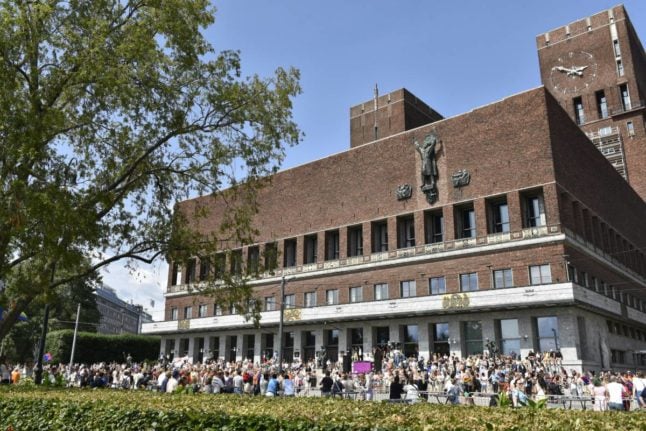If you’re approaching retirement age in Norway and think you might want to stay, you might need to go through a bit of bureaucracy if you are planning to stay.
This is because residence permits in Norway are granted for specific purposes, such as for work, education, or to reunite with a family member or partner in the country.
In a work permit’s case, the right to live and work in the country is tied to the specific job. So, if you are no longer in the role for whatever reason (changing or losing your job), you may risk losing your residence permit.
READ MORE: What happens to work permit holders in Norway if they lose their job?
A similar case can be made for family immigration permits. Your immigration rights are determined by the person you are moving to be with having the right to live and work in Norway. Therefore, if they lose their job, you may risk losing your permit, too, if they cannot find a new one.
However, if the person you moved to Norway to be with has a permanent right to live in the country, such as through permanent residence (more on that later) and citizenship, then your family immigration rights aren’t as dependent on their right to live in Norway.
This is further complicated by the fact that Norway doesn’t have a specialist retirement visa.
Still, several options will allow you to stay in Norway if you wish to retire.
Solution one: Permanent residence
This will be the most obvious and straightforward option. If you have a work permit in Norway, you can typically apply for a permanent residence permit after three years in the country.
When you apply for a permanent residence permit, you will need to hold a valid permit and continue to hold it while your application is processed.
You must meet an income requirement and not have received financial assistance from NAV during the last year. You should easily meet the minimum earnings requirements as a work permit holder.
There are also other requirements, such as language ones, and not being convicted of a criminal offence or ordered to receive psychiatric treatment or care.
As the name suggests, permanent residence allows one to live in Norway as long as they like without the same requirements to be in work or have the person you are living with meet the conditions for their permit.
It’s also the best option for those on family immigration permits too.
If you do wish to retire in Norway, you will likely need to obtain permanent residence first.
Solution two: Citizenship
Permanent residence should take care of most of your worries about your right to settle in Norway, but citizenship is also an option too if you are eligible.
Norway allows dual citizenship, which means many won’t need to sacrifice their existing citizenship to benefit from being a citizen of Norway.
You will need to have lived in Norway for 5-8 years, depending on factors such as whether you have a Norwegian partner or meet earnings requirements.
There is also the requirement to have passed a social studies or citizenship test in addition to a language exam at the B1 level. However, those over 67 are exempt from language requirements.
You will need to hold permanent residence or meet the requirements, and you must submit a criminal record certificate.
Norway’s Directorate of Immigration has a more detailed overview of the citizenship process on its website.



 Please whitelist us to continue reading.
Please whitelist us to continue reading.
Member comments